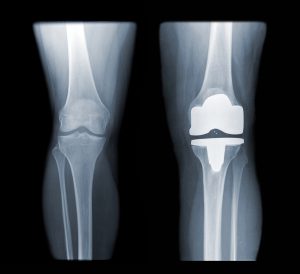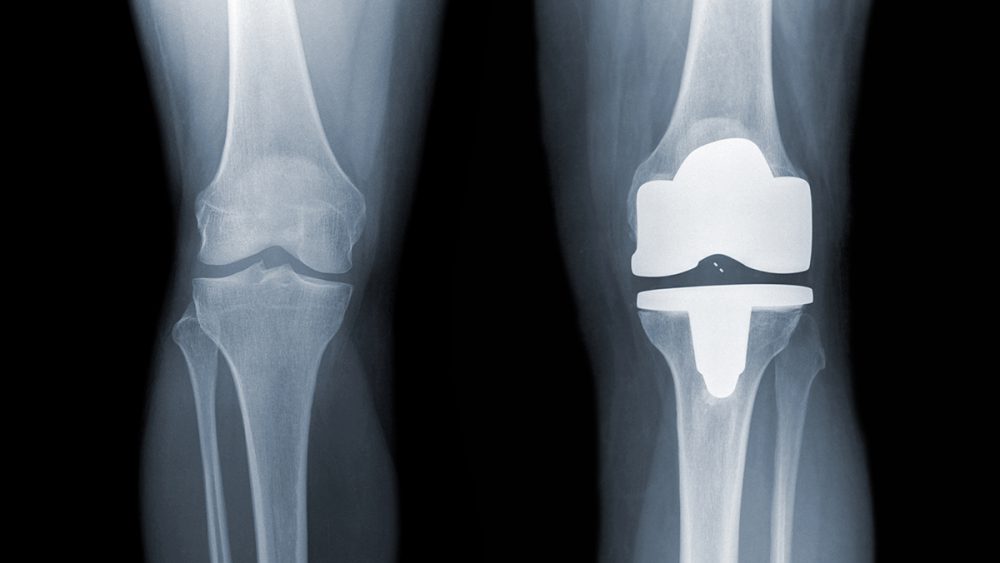 Is your joint replacement orthopedic team prepped for surgery?
Is your joint replacement orthopedic team prepped for surgery?
- Surgeon? Check.
- Anesthesiologist? Check.
- Nurses? Check.
- Surgical technician? Check.
- Surgical implant sales representative? Huh?
That’s right: surgical implant sales reps have become part of most orthopedic surgical procedures. But with rising costs, many hospitals have started to re-evaluate this model, asking whether on-site device reps help or hinder cost-saving efforts.
Some industry stakeholders believe that hospitals generally over rely on vendor sales reps, leading to loss of device neutrality and increased costs. While the hospital may not be paying the rep a salary, rep charges are built into the manufacturer’s selling, general, and administrative costs, making up about 40% of the total implant expense. While implant expenses have grown, implant procedure reimbursement rates have declined in comparison to costs over the past 15 years.
- CMS rates for hip and knee reimbursements dropped from $1,600 in 2013 to $1,350 in 2014—a 15% decline in a single year.
- Orthopedic Network News calculated a 171% increase in list price for coated hip implants between 1991 and 2006.
- Over the same period, Orthopedic Network News calculated a 39% decrease in physician payments but a mere 19% increase in hospital payments.
In recent years, hospitals have adopted various strategies to help manage the rising cost of surgical implants, including standardization strategies, aggressive negotiation tactics, and most recently, the rep-less model. Manufacturers now offer surgical implant programs that eliminate the sales rep, a move that can yield a net savings of over 40%. Advocates of the rep-less model also suggest that removing the sales reps from operating rooms could improve infection control and mitigate legal risks related to informed consent.
The rep-less model, however, does require a shift in responsibilities. When the hospital stops engaging the manufacturer’s sales rep, various OR tasks—like inventory management and technical support—must be reassigned to an existing member of the surgical team. For a rep-less model to succeed, a hospital must develop objective technical and inventory management skills, provided by a person or team—i.e., implantists—who have been properly trained.
That’s where Nexera can help. Combining our expertise in physician preference item purchasing, value analysis, and supply chain management, Nexera developed the Implantist Program.— Get in touch with us to learn more about how we can help.



Comments are closed.